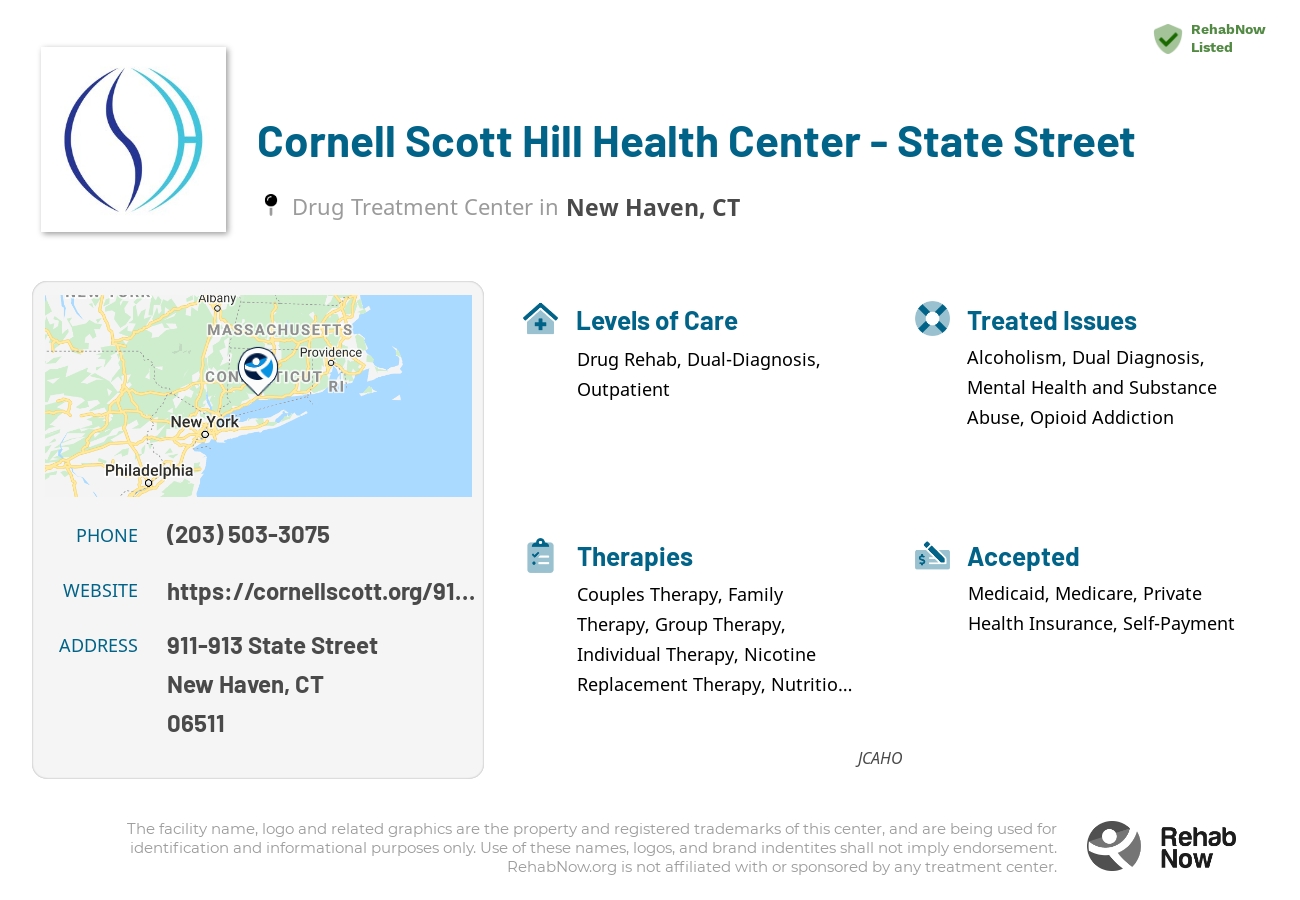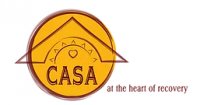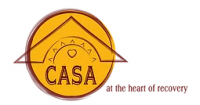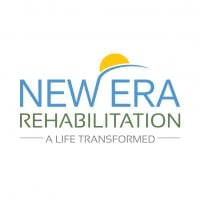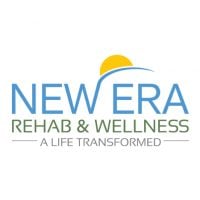Cornell Scott Hill Health Center - State Street
Drug Rehab Center in New Haven, Connecticut
Cornell Scott Hill Health Center - State Street in New Haven, Connecticut offers comprehensive medical and behavioral health services, including evidence-based treatment options for substance abuse and addiction, with a focus on helping individuals reintegrate back into society.
About Cornell Scott Hill Health Center - State Street in Connecticut
Cornell Scott Hill Health Center - State Street in New Haven, Connecticut is an innovative healthcare facility, offering comprehensive medical and behavioral health services to the New Haven community. They provide a full range of primary care, including preventative, women’s health, HIV/AIDS care and management, and chronic condition management. Additionally, their behavioral health services provide a wide range of outpatient services such as individual, family, and group psychotherapy, psychiatric services, and substance abuse counseling.
At Cornell Scott Hill Health Center - State Street, they provide evidence-based treatment options for those suffering from substance abuse and addiction. This includes a full assessment to develop a plan that is tailored to the individual’s needs. Services may include inpatient or outpatient detoxification, counseling, medication-assisted treatment, dual-diagnosis support, relapse prevention, and more. A focus is placed on helping people to reintegrate back into society, with assistance to obtain housing, job opportunities, and other wrap-around services.
Cornell Scott Hill Health Center - State Street is both nationally and state accredited. Their behavioral health services department is accredited by the Council on Accreditation and state licensed to provide inpatient and outpatient substance use disorder services. The health center has also been recognized by through the Joint Commission’s Gold Seal of Approval and has won the 2019 Best Practices Award from the Connecticut Primary Care Association.
Genders
Ages
Modality
Additional
Accreditations

JCAHO
Conditions and Issues Treated
Opioid addiction is when someone becomes addicted to opioids. This can happen quickly due to any opioid use. Opioid withdrawal can be uncomfortable and lead the user to continue using even if they want to quit. It’s best to receive inpatient treatment for detoxification.
Even if a person doesn’t need inpatient treatment, it’s recommended to start rehabilitation or at least some kind of outpatient treatment. This is because the withdrawal symptoms from opioids can be uncomfortable and unpleasant, to the point that a person could end up using again or worse.
Detoxification should be done to break the physical addiction of opioids. This can be done with opioid replacement therapy, medication-assisted therapy, or a more traditional detoxification program. Intensive outpatient treatment is a form of addiction care that allows patients to continue living at home while undergoing treatment. This type of care is appropriate for patients who have been treated in residential treatment programs. Intensive outpatient programs include regular visits to the facility providing therapy, and patients gradually return to their routine life. IOP benefits most when patients have a supportive family member or friend to help them recover.
The first step to getting into an intensive outpatient program is to attend a detoxification facility. Detoxification facilities are designed to remove substances from the body safely. The patient will attend sessions designed to help them understand their addiction and its impact on their lives. While in an intensive outpatient program, therapy sessions are scheduled three to five times per week, with the patient attending no more than two sessions in one day.
Dual Diagnosis therapy is considered more successful than traditional rehab methods because it treats the addiction and the underlying mental health disorder simultaneously. This comprehensive approach gives New Haven, CT patients the best chance for long-term recovery. If the patient does not receive treatment for both conditions, they are more likely to relapse.
Levels of Care Offered
This center offers a variety of custom treatment tailored to individual recovery. Currently available are Drug Rehab, Dual-Diagnosis, Outpatient, with additional therapies available as listed below.
Outpatient treatment consists of counseling and therapy sessions. The outpatient treatment process begins with the addict’s initial detox period, lasting about ten days. Outpatient treatment is used for those who are at moderate risk for “slipping back” into the addiction. It is also used for those who are not currently experiencing any side effects from withdrawal, can handle social pressure, have a stable living environment, and have a good support system.
Therapies & Programs
Individual Therapy is a crucial component of addiction recovery. Therapists work with patients to identify the root of their addiction and figure out how to better handle the issues that led to them using drugs. Individual Therapy is one on one sessions where people meet with their therapist. Individual therapy provides a safe space for people to open up and discuss personal and sensitive topics which they may not feel comfortable discussing in a group setting.
In this type of therapy, therapists can develop specific solutions for each patient, which helps speed up their recovery process. In addiction recovery, therapy is a crucial part. It allows patients to go deep into their core issues and discover how those problems can be better handled now. Therapy can be performed in individual sessions as well as group settings. In individual therapy for addiction, the patient meets with the therapist one-on-one to focus on the underlying issues of addiction and come up with solutions to prevent future abuse.
Addiction can take a heavy toll on relationships, damage the trust and intimacy that was once there. Couples therapy at Cornell Scott Hill Health Center - State Street helps to rebuild the trust and intimacy that has been damaged. An intimate relationship with a drug addict is not healthy for children or anyone in the family. Therapist help to rebalance family roles and create a healthier environment after rehab in New Haven, CT.
Family therapy is a crucial part of drug treatment and getting sober. It is one of the most effective ways to help addicts stay on the path to long-term sobriety. One of the most important parts of family therapy is the relapse prevention plan. During treatment, therapists and doctors will often sit down with the addict and their family to develop a plan if the addict ever feels like they want to use again. This plan should involve steps the addict and family can take together to prevent them from relapsing in the future.
An addict’s family can play a vital part in helping them to avoid relapse because they can spot the warning signs and help them get back on track before it becomes too much of a problem. Family therapy is one of the most effective ways to help addicts stay on the path to long-term sobriety.
Group Therapy is employed by drug treatment centers like Cornell Scott Hill Health Center - State Street to provide the recovering addict with a platform to talk about their feelings and experiences. It also provides for an opportunity to learn from other addicts who have successfully overcome their addiction. It is recommended that all group members be recovering addicts for this type of therapy to work.
This type of therapy involves the use of a variety of therapeutic techniques to help addicts recover from past traumas that might have triggered their substance abuse. During these sessions, therapists will work with the addict to address painful memories and learn how to cope effectively with stressors as they arise.
During these types of sessions, therapists will typically focus on three main goals:
- Identifying and expressing painful emotions associated with past traumas.
- Reducing the effects of stress on an addict’s life by developing more effective coping mechanisms.
- Developing healthy ways of thinking about stressful situations that can help addicts avoid substance abuse issues in the future.
This type of therapy is typically used in conjunction with other types of addiction treatment services. By identifying and dealing with the root cause of addiction, most addicts can overcome their cravings and prevent relapse once they leave rehab.
Many different types of addiction treatment services exist to help addicts safely get sober, but it’s important for recovering individuals to find a therapist or support group that will help them address the root cause of their addiction.
Cognitive Behavioral Therapy (CBT) is an approach and method in psychotherapy. Cornell Scott Hill Health Center - State Street asks people to investigate how their thoughts, including habitual, harmful, and inaccurate ways of thinking, affect behaviors. CBT is based on the idea that rigid, inflexible ways of thinking cause people to have a limited ability to cope with stress, which leads to emotional distress.
Likewise, CBT helps people identify maladaptive behaviors and replace them with more positive behaviors. It makes you look at the way you perceive something and ask: Is this a realistic belief? CBT asks people to look at the role of behaviors and emotional responses and how they may be distressing in one’s life. The goal of CBT is to change the way people think and behave to achieve a more balanced, healthier lifestyle.
Moreover, CBT has been shown to reduce some types of anxiety disorders, depression, and symptoms related to thoughts or actions that are considered harmful.
Good nutrition can be difficult for people recovering from addiction because they may not feel like eating while they are experiencing the physical and emotional side effects of detoxing.
Nutrition therapy can help addicts in Connecticut in the following ways:
- Helps individuals to understand which foods promote good health and support recovery that will assist them during detox
- Provides guidance and education about how to maintain a nutritious diet so they can stay healthy during recovery
- Improves their overall health and well-being, which can reduce the severity of substance withdrawal symptoms.
Nicotine replacement therapy treats nicotine addiction using external sources of nicotine, such as patches or gum to substitute for nicotine. This allows people trying to quit smoking to get their desired dose of nicotine without actually having to smoke cigarettes. There are several different types of NRT devices on the market now, and it is important to talk to your doctor about the best kind for you.
Payment Options Accepted
For specific insurance or payment methods please contact us.
Is your insurance accepted?
Ask an expert, call (888) 674-0062
Cornell Scott-Hill Health Center Associated Centers
Discover treatment facilities under the same provider.
- Cornell Scott - Hill Health Center Cedar St. in New Haven, CT
- Cornell Scott Hill Health Center - SCRC in New Haven, CT
- Cornell Scott - Hill Health Center West Haven in West Haven, CT
- Cornell Scott Hill Health Center - Wakelee Avenue in Ansonia, CT
- Cornell Scott Hill Health Center - 400 Columbus Avenue in New Haven, CT
Learn More About Cornell Scott-Hill Health Center Centers
Additional Details
Specifics, location, and helpful extra information.
New Haven, Connecticut 6511 Phone Number(203) 503-3075 Meta DetailsUpdated November 25, 2023
Staff Verified
Cornell Scott Hill Health Center - State Street Patient Reviews
There are no reviews yet. Be the first one to write one.
New Haven, Connecticut Addiction Information
Connecticut has a higher rate of substance abuse and addiction than the national average. The state ranks in the top 10 in the country for illicit drug dependence among those ages 18 to 25. In 2010, there were 9,211 people admitted to an alcohol treatment facility for alcohol abuse combined with a secondary drug. Connecticut ranked fifth in the United States of America for the number of fatalities involving drunk driving in 2014.
There are 9,000 people addicted to drugs in New Haven, Connecticut. The most common drugs are methamphetamines and marijuana. Alcohol is also abused by many residents. 20% of Connecticut residents have a substance abuse disorder, and 28,409 people died from drug overdoses in 2015. Drug treatment centers in New Haven, CT, offer detoxification. The therapeutic portion of treatment may involve individual counseling, group therapy, and recreational activities.
Treatment in Nearby Cities
- Stafford Springs, CT (55.6 mi.)
- Wethersfield, CT (30.1 mi.)
- Manchester, CT (37.8 mi.)
- Old Saybrook, CT (27.4 mi.)
- Cobalt, CT (25.3 mi.)
Centers near Cornell Scott Hill Health Center - State Street
The facility name, logo and brand are the property and registered trademarks of Cornell Scott Hill Health Center - State Street, and are being used for identification and informational purposes only. Use of these names, logos and brands shall not imply endorsement. RehabNow.org is not affiliated with or sponsored by Cornell Scott Hill Health Center - State Street.



